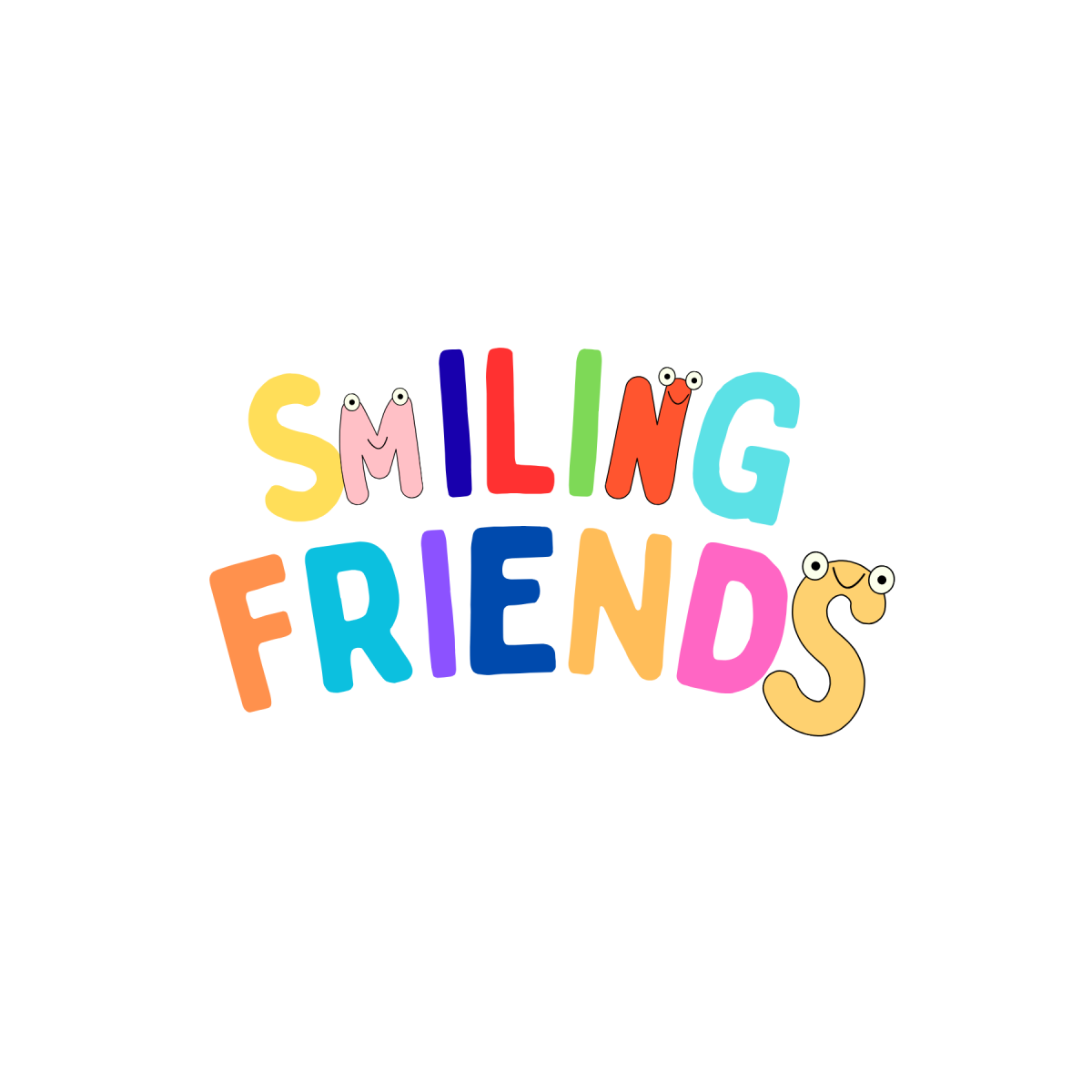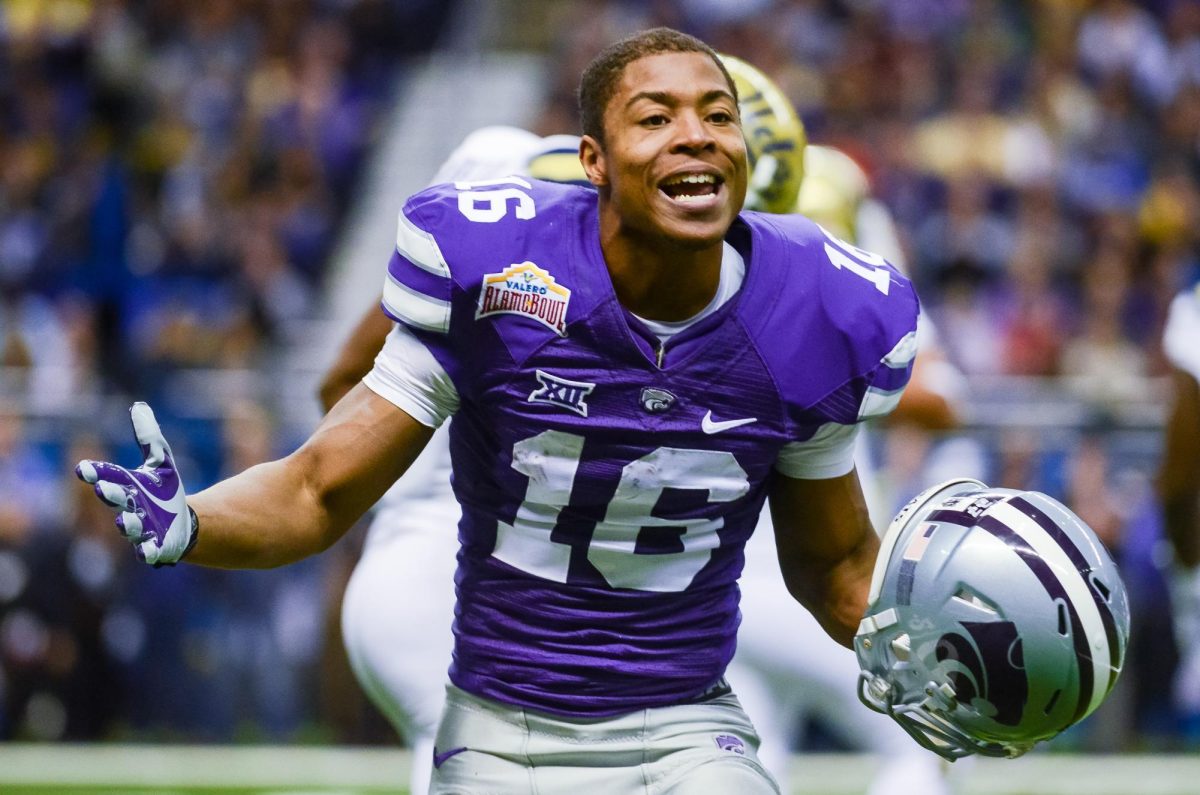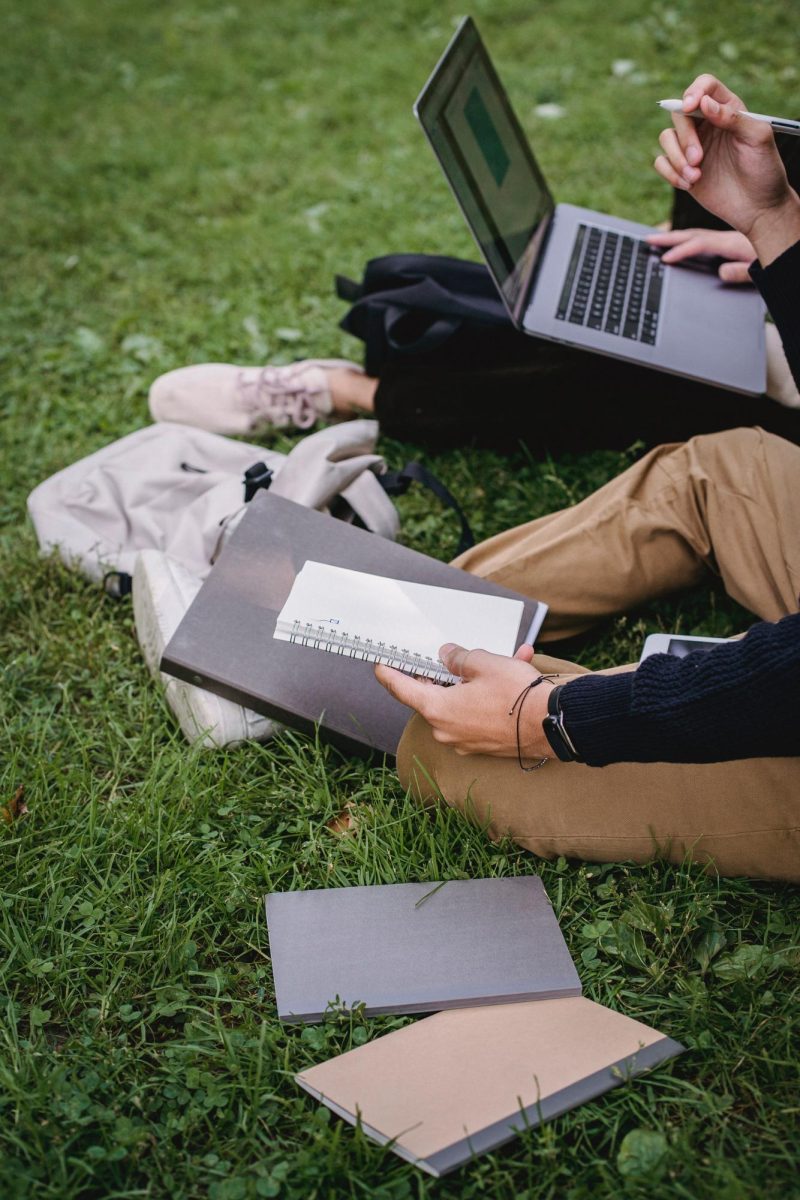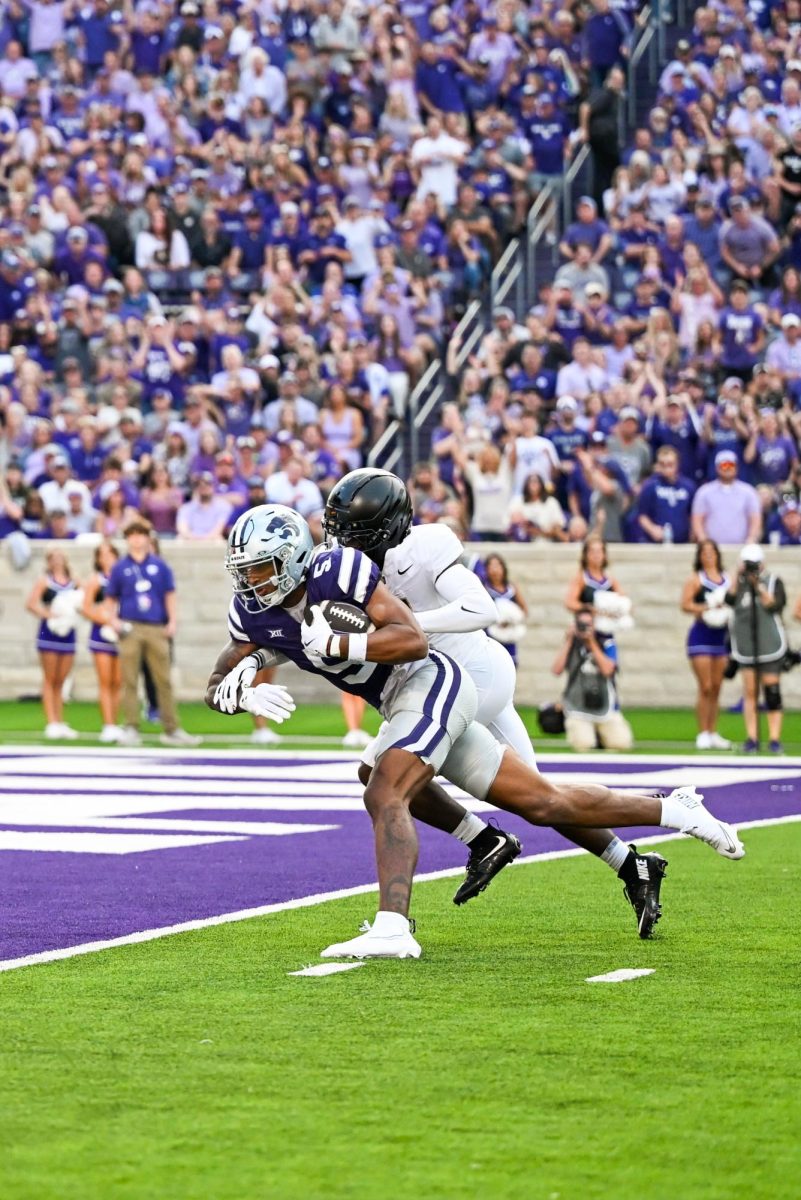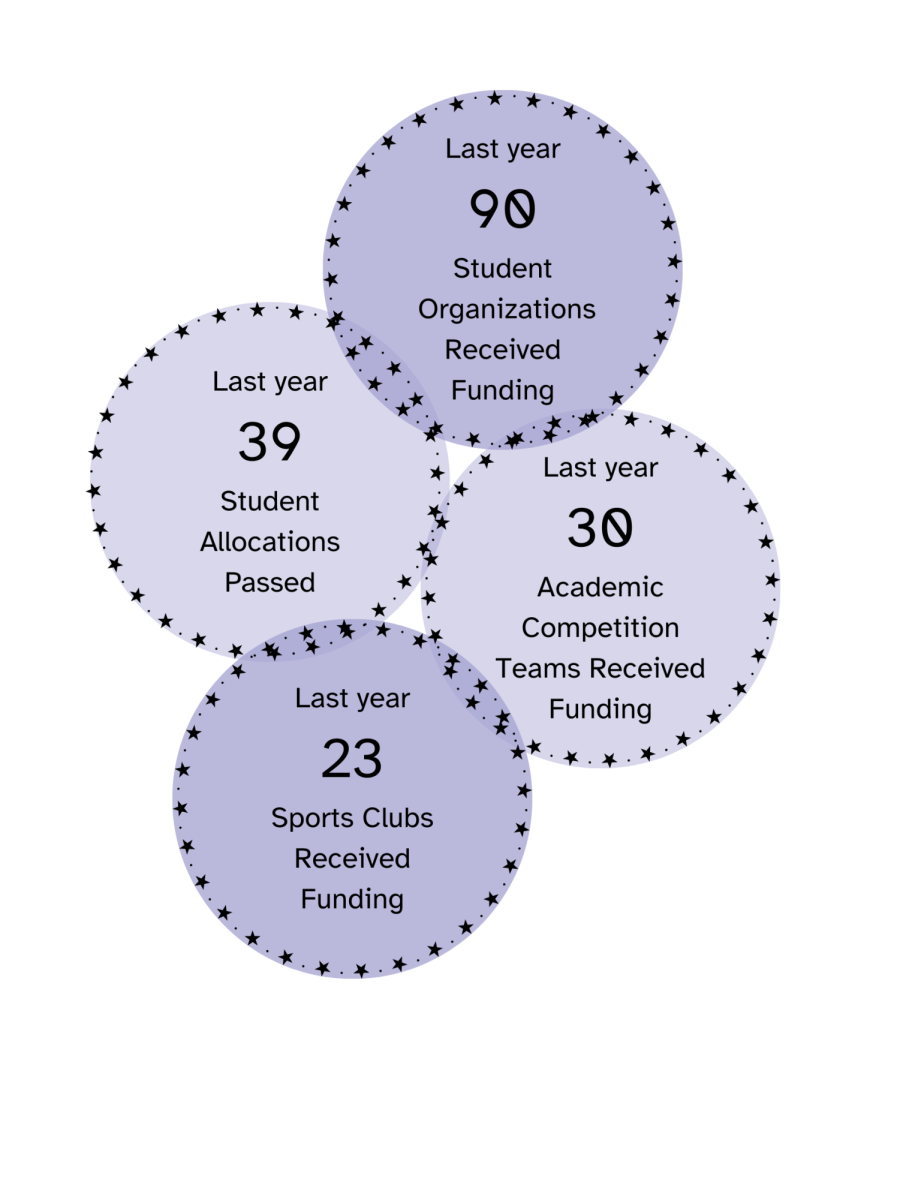Originality matters more than ever.
Whether students aim for top grades at Kansas State University or plan to stand out once they enter their chosen fields, showing honesty in their work builds a solid reputation.
On campus, academic integrity ensures that students genuinely earn their credentials. Beyond graduation, that same principle carries them through jobs that reward honesty and reliable efforts.
When students learn to produce unique writing, research, and analysis, they’re not only meeting classroom requirements—they’re also setting themselves up for long-term success in journalism, business, and numerous other paths.
In other words, responsible habits in college act as stepping stones toward a future grounded in trust.
The Importance of Academic Integrity
Academic integrity involves doing your own work, giving proper credit to others, and steering clear of shortcuts. At its core, it keeps a level playing field across a university, allowing everyone to earn grades based on actual effort.
When students respect these guidelines, the degrees they hold carry more weight. But when someone decides to lift another person’s writing or buy a pre-written essay, it undercuts that trust.
Plagiarism is no small hiccup—being caught can lead to failing a course, facing disciplinary hearings, or earning a mark that might follow a student after graduation.
Actual harm occurs when reputations are dented because it’s not just about the grade; it’s about credibility that lingers far beyond college. Once students understand that academic integrity sets a standard for honesty, they’re better positioned to follow similar rules at work, whether that means running a news desk or leading a marketing team.
Challenges in Maintaining Originality
It’s never been easier to find material online. From news articles to digital archives, nearly any piece of information is just a few clicks away. With this convenience, though, comes the risk of crossing lines without realizing it.
Sometimes a student writing a research paper might pull too closely from a source and forget to rewrite in their own words. Someone laying out a story in the Collegian might copy a phrase they liked, not noticing it slipped in without a citation.
Even AI tools, while helpful for brainstorming, can tempt students into overreliance, making it tricky to keep track of what’s their own work and what isn’t. The difference between honest mistakes and deliberate cheating can be subtle, but both hurt one’s standing.
Down the road, these habits can surface again, chipping away at a budding professional’s reputation and making employers doubt their reliability.
The Role of Plagiarism and AI Detection Tools

To head off these problems, many rely on software designed to catch copied text or identify sentences produced by AI. These tools can scan essays, articles, and even proposals, pinpointing suspicious segments.
Students who use them before turning in assignments can spot issues and correct them, ensuring they submit work that truly represents their ideas. For a campus newspaper writer, running a draft through such a checker might highlight a paragraph that’s too close to a source.
For a budding researcher, it can confirm that data analyses were explained correctly.
Beyond just avoiding trouble, the routine of checking encourages people to think more carefully about their writing process. Instead of pushing them away from creativity, these tools help students slow down and reflect, which often leads to better, more thoughtful work.
Professional Implications of Originality
The standards established in college don’t vanish after graduation. In some fields, the stakes are high from day one.
Journalists must verify every statement, ensuring readers trust their reporting.
Content creators who produce marketing materials need fresh angles instead of recycled ideas.
Researchers must present findings honestly, with careful credit given to earlier studies.
Even businesspeople drafting proposals risk losing contracts if clients realize the presentations are copied instead of thoughtfully prepared.
Plagiarism scandals at this level can lead to damaged partnerships, lost revenue, and a credibility hit that might take years to repair. No one wants to hire or collaborate with someone whose track record hints at dishonesty.
The habits formed in college—writing authentic papers, acknowledging other people’s work, and standing behind one’s words—build a strong backbone that supports professional integrity for decades to come.
Actionable Tips for Students
Students don’t have to navigate this journey alone. There are a few ways to stay on track:
- Mastering Proper Citation: Make it a habit to note sources as soon as you find them. Understanding when and how to cite someone else’s work is a skill that pays off. Adding references right away cuts down on scrambling at the end and helps keep track of where ideas come from.
- Practicing Ethical Writing: Instead of copying a sentence that sounds impressive, try explaining the idea in your own words. This doesn’t just avoid plagiarism—it also deepens your understanding. By pausing to think through what you’ve read, you develop a stronger grasp of the subject, which leads to more confident and meaningful writing.
- Using Detection Tools: Before turning in a major paper or article, run it through a plagiarism checker. The software highlights matching text and provides a chance to fix oversights. Take a moment to review those highlighted parts, adjusting your wording or adding a citation if needed. This small step can prevent big headaches later.
- Avoiding Overreliance on AI: AI-driven writing assistants can jumpstart creative thinking, but they’re not replacements for your own perspective. Use them to brainstorm ideas or map out a structure, then close that browser window and fill in the details with your own thought process. It’s also important to mark what came from an external tool, showing readers and professors that you distinguish between borrowed inspiration and personal effort.
Conclusion
Academic integrity isn’t just a box to check off before receiving a diploma; it’s a principle that guides how future employees, entrepreneurs, or researchers approach every professional task.
The same drive that keeps a research paper honest will later ensure that business proposals, investigative reports, or creative marketing campaigns stand on their own merit.
By learning to value originality, use detection tools wisely, and give credit where it’s due, students create lasting patterns. With these habits firmly in place, they’ll be ready not just for the next assignment, but for the countless opportunities that come their way after leaving the classroom.






































































